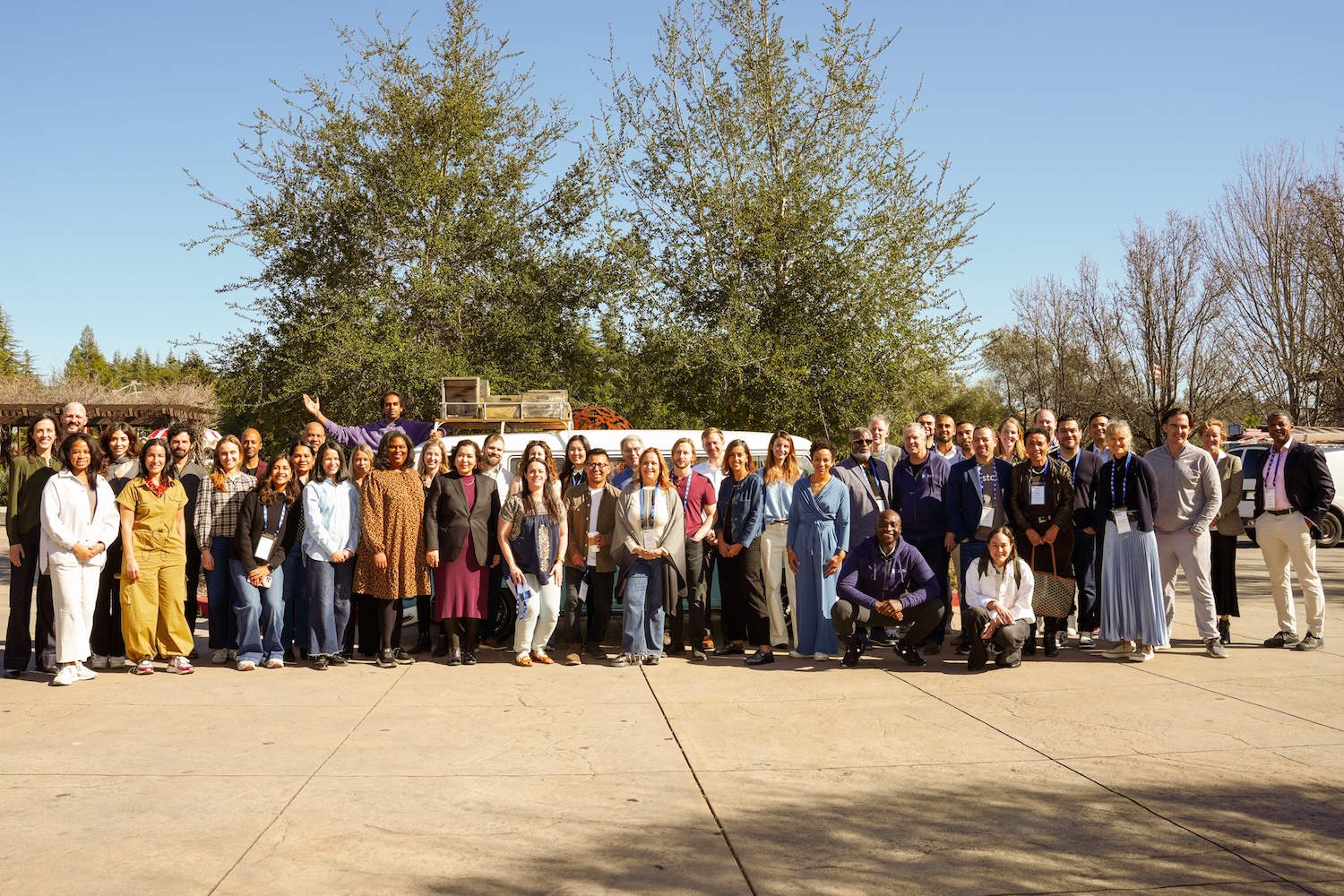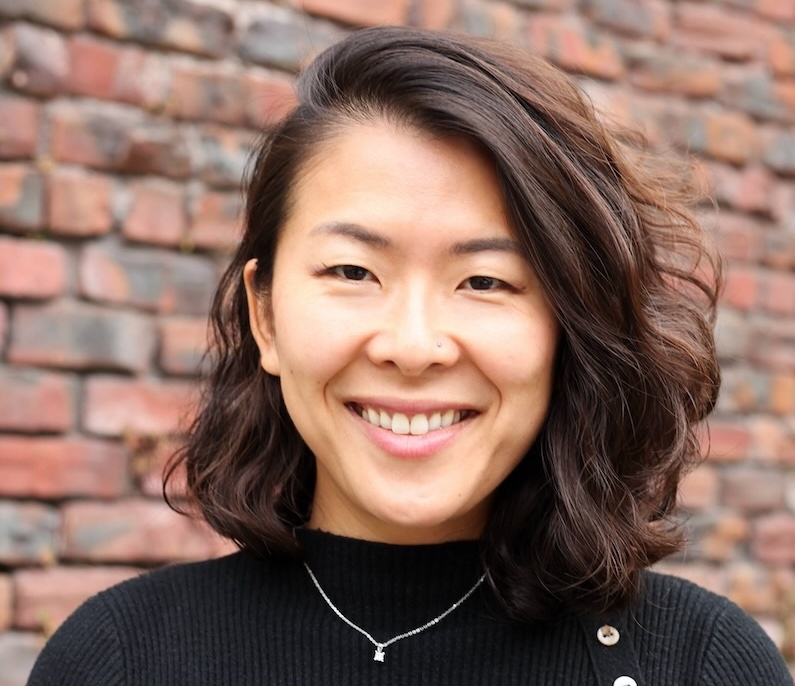Mahmee CEO & co-founder Melissa Hanna on the issues plaguing maternal health in America.
Mothers are falling through the cracks of the fragmented American healthcare system, which treats maternal health like an assmebly line, with low investment in women's health pre-and post-birth. Pre-COVID, mothers were dying at an alarming rate or dealing with catastrophic health outcomes as a result of childbirth—but the pandemic has made things even worse. A recent March of Dimes Report Card gave the U.S. a C- in maternal and infant mortality; nine states earned a failing grade. Black women are three to four times as likely to die during childbirth, per the CDC. Without better systems and technologies in place, these moms and babies will continue to have the greatest risks of falling through the cracks of the healthcare system.
We know what it takes to change the system and many organizations and entrepreneurs are slowly chipping away at it. Now we need to do the work.
Racism and class bias plagues the U.S. healthcare industry
The current US healthcare system is flawed, and it can affect patients in many ways. A nurse manager I worked with comes to mind.
She didn't think her patients would agree to video call appointments, despite being trained by our team on how to perform video calls using Mahmee. The issue wasn't using the technology, it was giving the patients access to it—and she was only offering video calls to the patients she felt would say yes. We found that she was not offering video call appointments to the patients she perceived to be low income or have less education.
However, once she was trained to discuss video call appointments with every single one of her patients, she was extremely successful in engaging these moms through video calling. The education and training worked—and progress was made.
Collaboration and communication is key
Training isn't going to single handedly improve maternal health outcomes; we need policy change. Preventable issues are not being caught fast enough because patient data is siloed, making collaboration across specialities difficult. Current technology restricts providers from sharing electronic health records beyond the walls of their facilities, limiting their ability to incorporate the voices of other providers, community organizations, and allied health professionals in order to increase the amount of information available to inform decision-making.
In order to change the outcomes and prevent more mothers from dying, maternity care providers and birth professionals of all types need to be able to communicate and collaborate with each other throughout the continuum of care. When there is data transparency and the ability for multiple individuals—including the patient—to work together to ensure a comprehensive experience, we can change the outcomes for the better. That's exactly what we set out to do at Mahmee.
That means in the weeks and months after birth, too. Healthcare is often segmented between mother and child. Usually, babies have their own teams, while moms have theirs—and it takes weeks after labor to figure out what mom and baby's needs are. At Mahmee, we created a first-of-its-kind personalized team for the complete mom and baby dyad, made up of lactation consultants, mental health counselors, nutritionists, nurses and other specialists that help new moms with things like managing postpartum mental health, recovery from labor and delivery, and feeding and caring for the baby, well beyond the hospital period.
Changing maternal health outcomes isn't going to happen overnight, but technology and outcomes data can slowly move the needle
If we are waiting for the entire US healthcare system to be overhauled before we can do right by mothers and babies, we're going to lose a lot more lives. We can, however, help fill in the gaps in pre- and postnatal care with technology.
We will soon get to a point when user-generated maternity health data has real meaning and value. Pregnant and birthing persons have hundreds of apps and hardware to track many aspects of their pregnancy, but what's the goal behind the data collection? And how is it being used? Today, it's mostly to sell more things to new parents. But, over the next few years we'll see a greater push towards making the data meaningful in a way that makes delivery of care much more effective.
Ultimately, it will take a concerted effort among organizations, companies, and state-based programs to create the kind of systemic change through policy required to make a real dent in the issue. Results will not come easily and I think it will take this industry longer than we expect to realize a change. We are not yet at that tipping point because maternal healthcare outcomes data are still being analyzed and new policies are still being debated at the state and federal levels, and thus many industry-changing initiatives are yet to be launched.
Poor maternal health outcomes tell us everything we need to know about the state of our larger healthcare system in this country—what we value, who we value, how we care for others, or do not care for others. It's all right there in the data.
But at Mahmee, we have seen how our platform can impact real change.
The future is a neighborhood-based community health model, where maternal healthcare will be equitably distributed. Mahmee's services have helped mothers across the country, from Black Mothers United in Sacramento and Birthing Beautiful Communities in Cleveland to Uzazi Village in Kansas City. These are pioneering programs that provide free and/or subsidized health education programs and services to at-risk women and children—the kind of work we'd love to see more of. Physicians and midwives work alongside allied health professionals and community birth professionals to ensure that a patient's needs are met throughout the maternity journey. Neighborhood-based community models will help enable more allied professionals to participate in maternity care. They can fill in critical gaps of care and enable the healthcare system to deliver more culturally competent care that respects the unique birth and health experiences of moms and their babies.
Partnerships foster opportunities for collective impact—and I'm consistently delighted by what can be achieved when we all work together.





